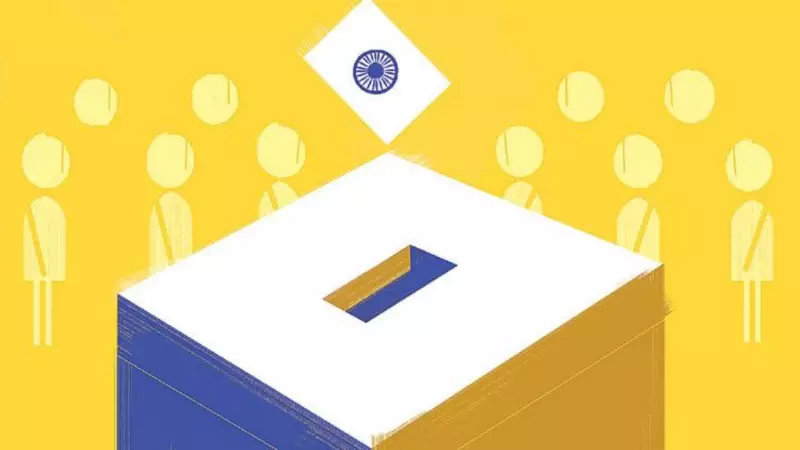
In a scathing analysis of India's current political landscape, prominent columnist Tavleen Singh has sounded the alarm about a dangerous trend that's becoming increasingly common during election seasons. This practice, she warns, threatens the very foundations of Indian democracy.
The Disturbing Shift in Election Campaigns
According to Singh's observations, political parties have increasingly abandoned substantive policy discussions in favor of divisive tactics and personal attacks. This shift represents a fundamental change in how elections are contested in the world's largest democracy.
The most concerning aspect? This approach deliberately sidesteps critical issues that directly affect millions of Indian citizens. Instead of debating economic policies, healthcare improvements, educational reforms, or employment generation strategies, campaigns have devolved into personality-driven contests filled with rhetoric that often crosses ethical boundaries.
Why This Practice Endangers Democracy
Singh identifies several ways this trend undermines democratic principles:
- Voter Manipulation: By focusing on emotional triggers rather than policy substance, parties prevent voters from making informed decisions
- Erosion of Trust: Constant personal attacks and divisive rhetoric damage public trust in democratic institutions
- Policy Neglect: Critical national issues remain unaddressed as political energy gets diverted to less substantive matters
- Normalization of Extremism: What begins as election-time rhetoric can become normalized in political discourse
The Real Cost to Indian Citizens
This dangerous election practice has tangible consequences for ordinary Indians. When political campaigns avoid discussing concrete plans for economic development, job creation, healthcare access, and educational quality, voters lose the opportunity to hold leaders accountable for these crucial areas.
The columnist emphasizes that democracy thrives when citizens can make choices based on clear policy alternatives and performance records. When elections become spectacles of personal attacks and divisive messaging, the democratic process becomes hollowed out from within.
A Call for Course Correction
Singh's analysis serves as a urgent wake-up call for political parties, media organizations, and citizens alike. She argues that restoring substance to political discourse isn't just desirable—it's essential for preserving India's democratic integrity.
The solution, she suggests, lies in greater voter awareness, media responsibility in focusing on policy issues, and political parties returning to the practice of presenting clear governance agendas rather than relying on divisive tactics.
As India continues its democratic journey, confronting this dangerous election practice becomes increasingly crucial for ensuring that the world's largest democracy remains truly representative of its people's aspirations and needs.






